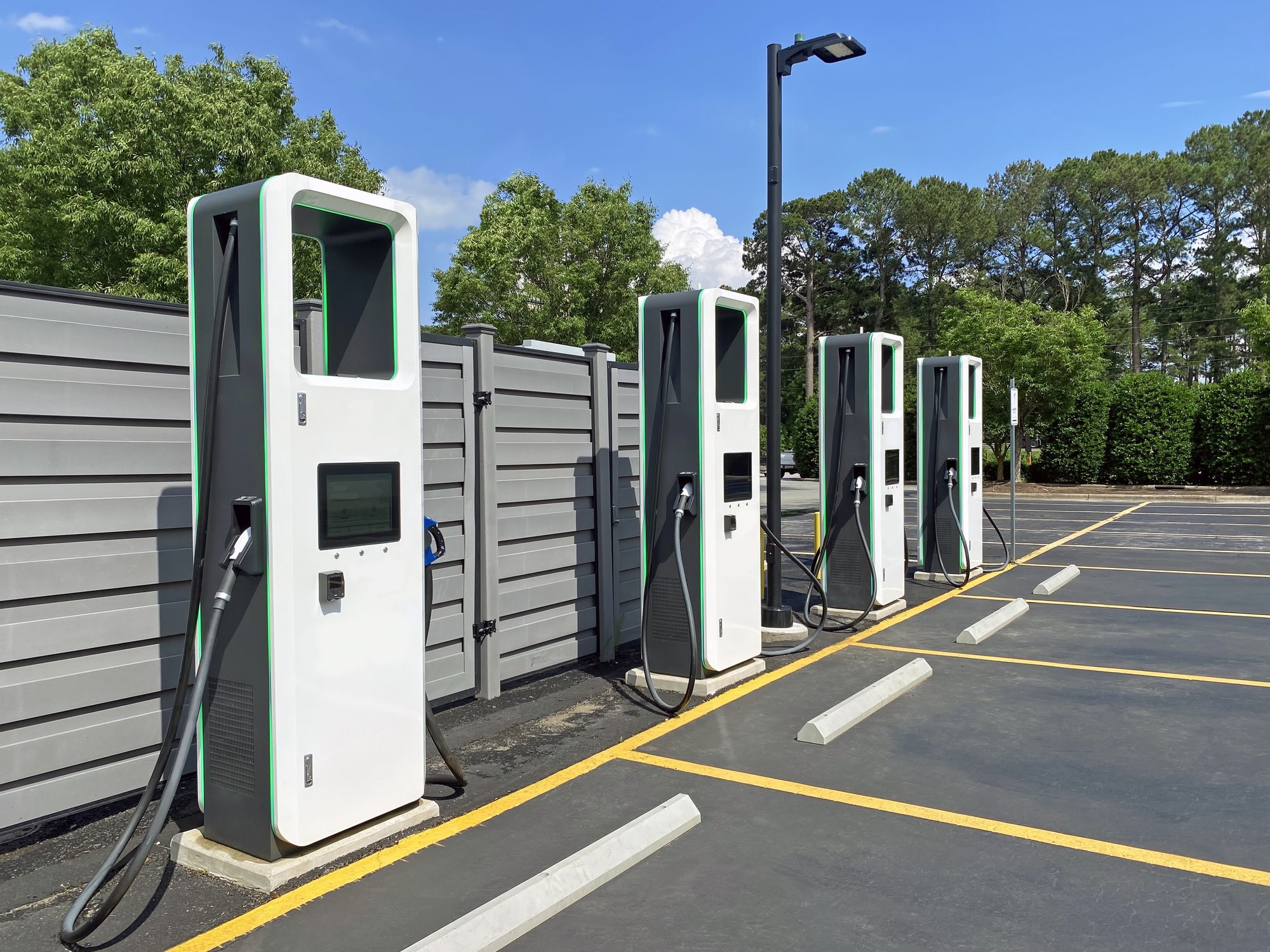EV Charging Stations
As the popularity of electric vehicles (EVs) continues to rise, the need for electric vehicle charging stations becomes more pressing. While public charging stations are becoming more common, many EV owners rely on at-home charging stations for daily charging needs. For those living in condominiums, however, installing an at-home charging station can be a challenge. Condominium associations must balance the needs of all residents, and accommodating EV charging stations can be a complex issue. The increasing number of EVs on the road means that condominium associations must start to consider how they will handle the installation and management of EV charging stations in their communities.
Chicago Legislation
In Chicago, the city has proposed an electric vehicle charging ordinance that would require all new residential and commercial construction projects to have a minimum number of EV charging stations. The proposed ordinance aims to increase the availability of EV charging stations and reduce barriers to EV adoption in the city. The proposed ordinance is still in the early stages of development, and additional details and revisions may be made before it is finalized. However, this proposed ordinance serves as a positive step towards promoting EV adoption in Chicago and ensuring that EV owners have access to charging stations.
One of the main challenges that condominium associations face is the cost of installing charging stations. While the benefits of EVs are clear, the cost of installing charging infrastructure can be substantial. Associations must consider the cost of the charging stations themselves, as well as the cost of installation, electricity usage, and ongoing maintenance. Additionally, associations must consider the impact of charging stations on the common areas and parking spaces within the community. While EV charging stations can be installed in individual parking spots, this can limit the availability of parking for non-EV owners. As such, associations must weigh the benefits of accommodating EVs against the impact on other residents in the community.
Overall, the increase in EV sales will undoubtedly impact condominium associations, who will need to consider how to accommodate the growing demand for EV charging stations in their communities. The proposed electric vehicle charging ordinance in Chicago is a positive step towards promoting EV adoption and ensuring that EV owners have access to charging stations. By carefully weighing the costs and benefits of accommodating EVs, associations can create a plan that supports the needs of all residents in their community while also promoting sustainable transportation options.




